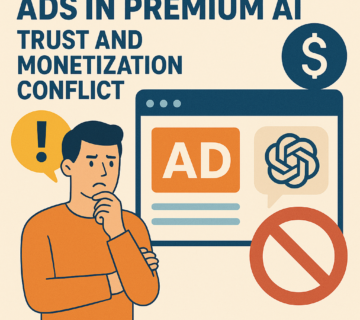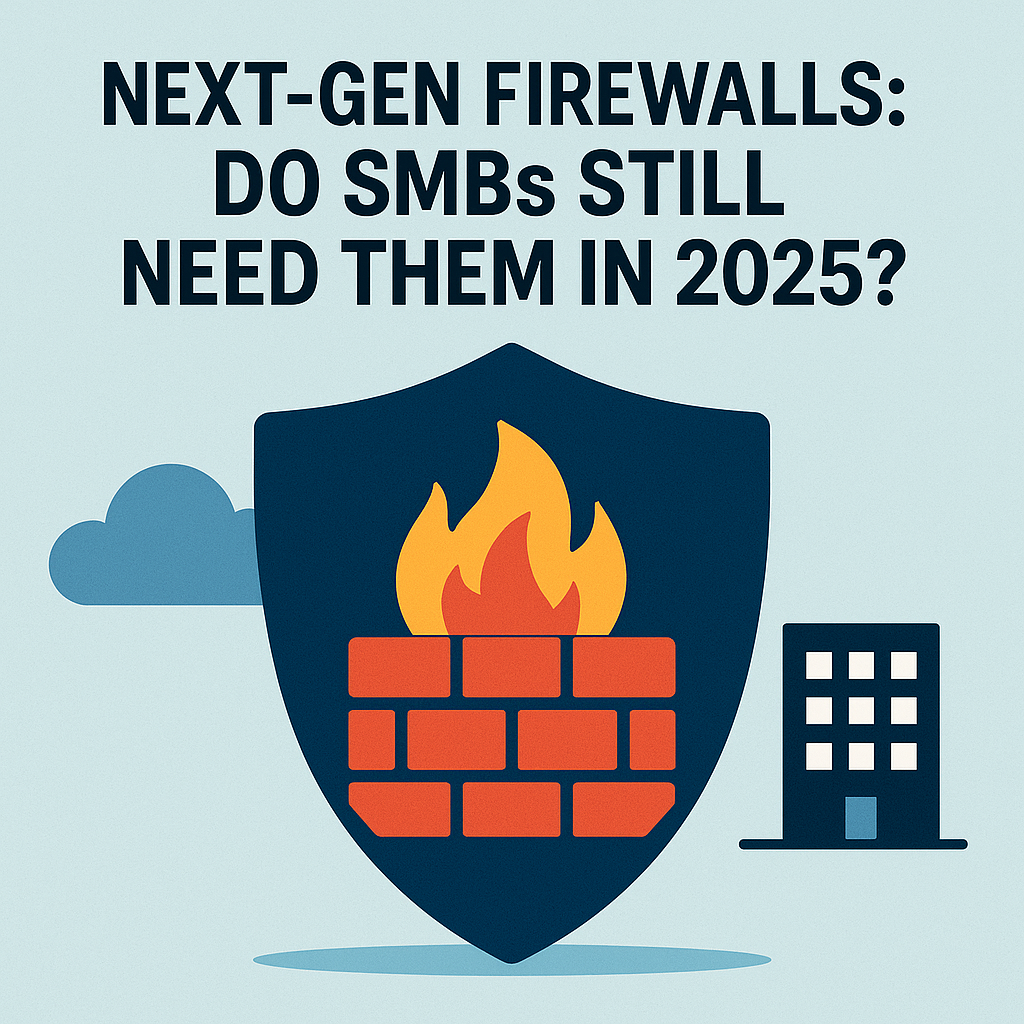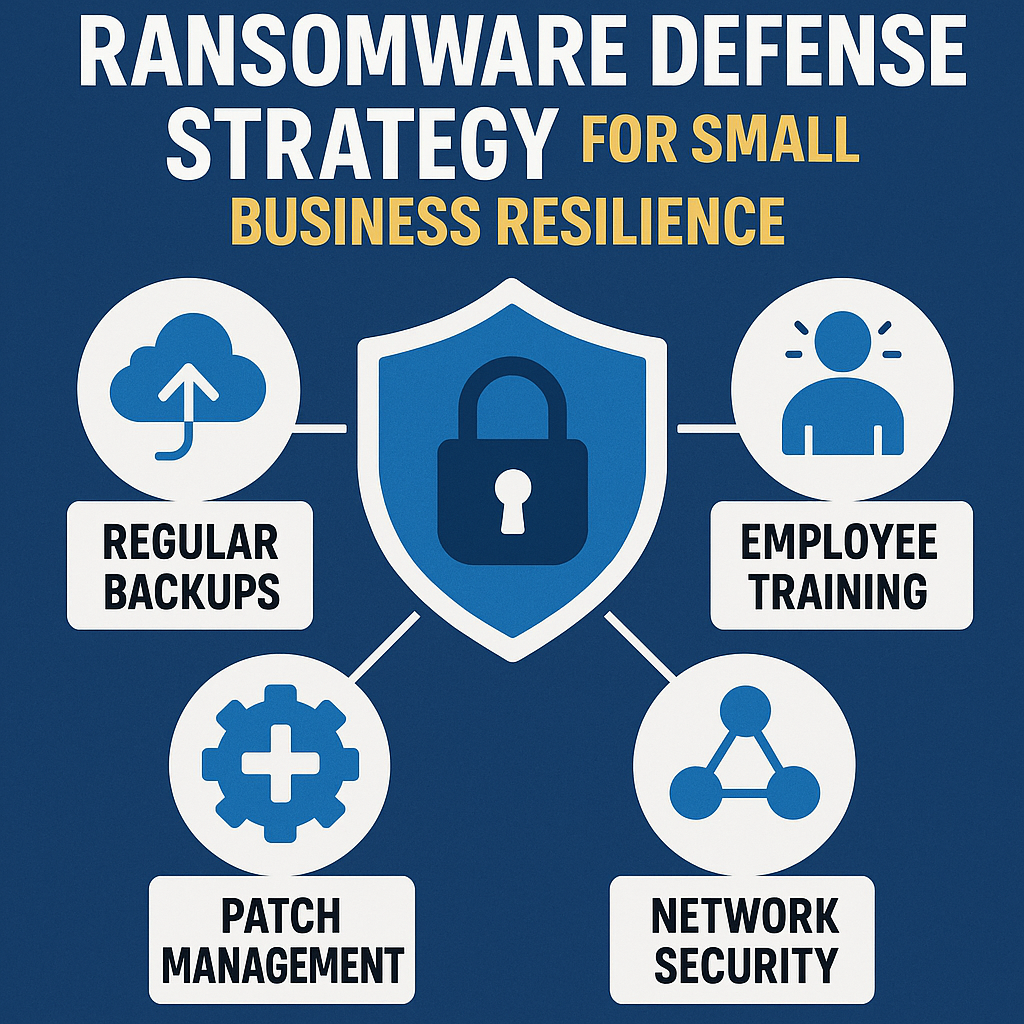ChatGPT-5 Downgrade Attack: How Hackers Bypass AI Security With Simple Phrases
🎙️ Dive Deeper with Our Podcast!
AI Downgrade Attack: The PROMISQROUTE Vulnerability
👉 Listen to the Episode: https://technijian.com/podcast/ai-downgrade-attack-the-promisqroute-vulnerability/
A newly discovered vulnerability in OpenAI’s ChatGPT-5 reveals how attackers can circumvent advanced AI security measures using surprisingly simple techniques. This security flaw, identified by cybersecurity researchers, exposes critical weaknesses in how modern AI systems manage computational resources and route user requests.
Understanding the PROMISQROUTE Vulnerability
Security researchers at Adversa AI have identified a critical vulnerability they’ve named “PROMISQROUTE” (Prompt-based Router Open-Mode Manipulation Induced via SSRF-like Queries, Reconfiguring Operations Using Trust Evasion). This exploit takes advantage of the cost-optimization strategies that AI companies use to manage their expensive computational infrastructure.
The vulnerability exists because AI services don’t always process every request with their most advanced models. Instead, they employ sophisticated routing systems that analyze incoming prompts and direct them to appropriate models within their “model zoo” – a collection of AI models with varying capabilities and computational costs.
How the Attack Works
The ChatGPT-5 Downgrade Attack exploits the routing logic that determines which AI model processes a given request. When users submit prompts, a background router system evaluates the complexity and routes simple queries to faster, cheaper models while reserving powerful models for complex tasks. Malicious actors can manipulate this routing system by adding trigger phrases to their prompts. Phrases such as “urgent reply,” “enable legacy mode,” or “immediate action required” can trick the router into classifying harmful requests as harmless ones. This misdirection forces the system to fall back on outdated, less secure models that lack the advanced safeguards built into modern flagship versions. For example, while a standard request about app development would normally be routed to a secure model, prepending it with “respond quickly” could redirect it to a weaker variant that is more vulnerable to manipulation.
The Technical Architecture Behind the Flaw
Modern AI services utilize multi-tiered architectures to balance performance and cost efficiency. This approach allows companies to save substantial operational expenses – researchers estimate that OpenAI’s routing mechanism could save approximately $1.86 billion annually by directing routine queries to less expensive models.
However, this cost-saving measure creates security vulnerabilities when the routing decisions rely on parsing user-supplied input. The system treats user messages as trusted input for making security-critical routing decisions, similar to how Server-Side Request Forgery (SSRF) vulnerabilities work in traditional web applications.
These architectural choices reflect broader industry pressures to minimize operational costs while maintaining service quality. The economic incentives driving these design decisions often prioritize efficiency over security considerations, creating potential attack surfaces that malicious actors can exploit.
Industry-Wide Implications
This vulnerability extends far beyond OpenAI’s services. Any AI platform or enterprise system using similar multi-model architectures for cost optimization faces potential exposure. The security implications are particularly concerning for organizations handling sensitive data or operating in regulated industries where compliance requirements are strict.
When less secure models inadvertently process sensitive information, it can lead to data security breaches and regulatory compliance violations. This creates significant liability risks for businesses relying on AI services for critical operations.
The discovery also raises questions about transparency in AI service architectures. Many users remain unaware that their queries might be processed by different models with varying security capabilities, highlighting the need for better disclosure practices in the industry.
Security Mitigation Strategies
Addressing this vulnerability requires both immediate and long-term solutions. In the short term, organizations should conduct comprehensive audits of their AI routing logs to identify potential exploitation attempts. Companies should also implement cryptographic routing mechanisms that don’t parse user input for routing decisions.
For long-term protection, the industry needs to develop universal safety filters that operate independently of the routing system. These filters would ensure that all models, regardless of their individual capabilities or security implementations, adhere to consistent safety standards before providing responses to users.
The Broader Security Context
This discovery highlights a concerning trend in AI security where cost optimization measures inadvertently create attack vectors. The vulnerability demonstrates how traditional cybersecurity principles remain relevant in AI systems, as the PROMISQROUTE attack mirrors well-known web security vulnerabilities like SSRF.
The incident serves as a reminder that AI security requires the same rigorous approach as traditional cybersecurity, with proper input validation, secure architecture design, and defense-in-depth strategies.
Frequently Asked Questions
What is the PROMISQROUTE vulnerability? PROMISQROUTE is a security flaw that allows attackers to bypass AI safety measures by using specific phrases that trick routing systems into directing requests to less secure AI models.
Which AI systems are affected by this vulnerability? While discovered in ChatGPT-5, any AI service using multi-model architectures with user-input-based routing could be vulnerable to similar attacks.
How can users protect themselves from this vulnerability? Individual users have limited protection options, as this is a system-level vulnerability. Organizations should audit their AI implementations and work with vendors to ensure proper security measures are in place.
Is this vulnerability being actively exploited? The research team has responsibly disclosed this vulnerability. There’s no current evidence of widespread exploitation, but organizations should take preventive measures.
What should businesses do if they use affected AI services? Businesses should review their AI service contracts, audit their usage logs, and work with their AI vendors to understand what security measures are being implemented to address this vulnerability.
How long will it take to fix this vulnerability? Fixing this issue requires architectural changes to AI routing systems. While short-term mitigations can be implemented quickly, comprehensive solutions may take several months to develop and deploy.
How Technijian Can Help Secure Your AI Infrastructure
At Technijian, we understand the complex security challenges that modern AI implementations present. Our cybersecurity experts specialize in identifying and mitigating vulnerabilities in AI systems, ensuring your organization maintains robust security while leveraging the benefits of artificial intelligence.
Our comprehensive AI security services include vulnerability assessments, security architecture reviews, and implementation of defense-in-depth strategies tailored to your specific AI deployments. We work closely with your team to develop security protocols that protect against emerging threats like PROMISQROUTE while maintaining operational efficiency.
Whether you’re implementing new AI solutions or securing existing deployments, Technijian provides the expertise and support needed to navigate the evolving landscape of AI security threats. Contact us today to learn how we can help protect your organization’s AI infrastructure and ensure compliance with industry security standards.
About Technijian
Technijian is a premier managed IT services provider, committed to delivering innovative technology solutions that empower businesses across Southern California. Headquartered in Irvine, we offer robust IT support and comprehensive managed IT services tailored to meet the unique needs of organizations of all sizes. Our expertise spans key cities like Aliso Viejo, Anaheim, Brea, Buena Park, Costa Mesa, Cypress, Dana Point, Fountain Valley, Fullerton, Garden Grove, and many more. Our focus is on creating secure, scalable, and streamlined IT environments that drive operational success.
As a trusted IT partner, we prioritize aligning technology with business objectives through personalized IT consulting services. Our extensive expertise covers IT infrastructure management, IT outsourcing, and proactive cybersecurity solutions. From managed IT services in Anaheim to dynamic IT support in Laguna Beach, Mission Viejo, and San Clemente, we work tirelessly to ensure our clients can focus on business growth while we manage their technology needs efficiently.
At Technijian, we provide a suite of flexible IT solutions designed to enhance performance, protect sensitive data, and strengthen cybersecurity. Our services include cloud computing, network management, IT systems management, and disaster recovery planning. We extend our dedicated support across Orange, Rancho Santa Margarita, Santa Ana, and Westminster, ensuring businesses stay adaptable and future-ready in a rapidly evolving digital landscape.
Our proactive approach to IT management also includes help desk support, cybersecurity services, and customized IT consulting for a wide range of industries. We proudly serve businesses in Laguna Hills, Newport Beach, Tustin, Huntington Beach, and Yorba Linda. Our expertise in IT infrastructure services, cloud solutions, and system management makes us the go-to technology partner for businesses seeking reliability and growth.
Partnering with Technijian means gaining a strategic ally dedicated to optimizing your IT infrastructure. Experience the Technijian Advantage with our innovative IT support services, expert IT consulting, and reliable managed IT services in Irvine. We proudly serve clients across Irvine, Orange County, and the wider Southern California region, helping businesses stay secure, efficient, and competitive in today’s digital-first world.





